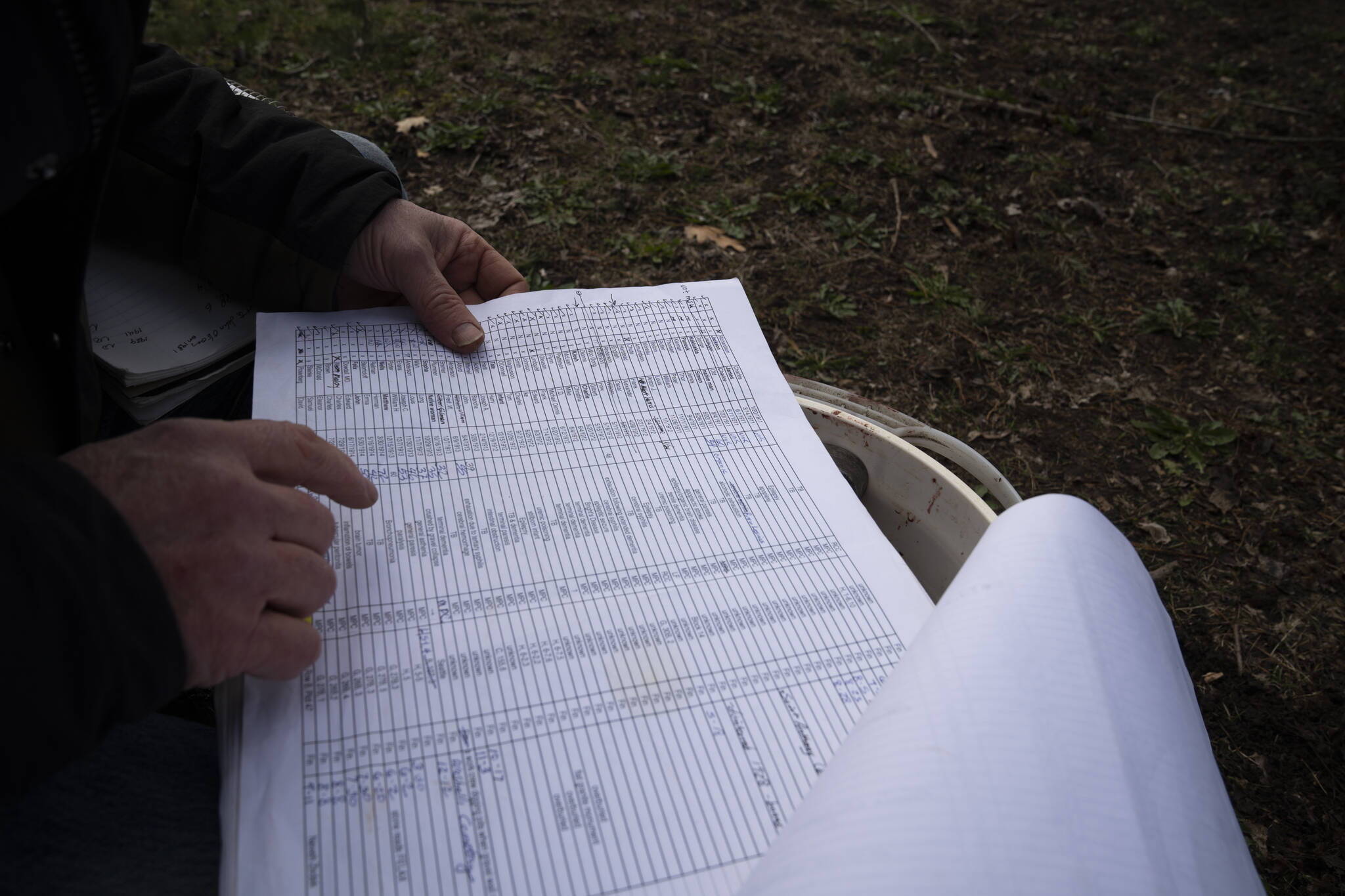On March 29, Mark Thiessen’s story for the Associated Press was picked up by several Alaska newspapers. The story was a vivid look at families trying to come to terms with family members who were sent to locked psychiatric facilities in Oregon.
From 1900 to about 1967, approximately 5,500 Alaska residents ended up first in the Oregon Insane Asylum and, in 1903, Morningside Psychiatric Hospital put in the lowest bid to provide care for Alaskans with a mental illness. The low bid for caring for psychiatric patients was about $1 per day per psychiatric patient.
Morningside Psychiatric Hospital’s closing down at the end of 1967 did not mark the end of Alaska’s mistakes in mental health care. At the closing, some of the patients at Morningside were transferred back to Alaska, but others were transferred to different facilities in Oregon, and many over nearly a seven-decade period were buried in Oregon and became the “Lost Alaskans.”
There is a very true saying: “Those who do not learn history are doomed to repeat it.” Alaska’s mental health care system is a good example of repeating mistakes. The following is from the Department of Health website:
“From 1998 to 2004, Alaska’s behavioral health system became increasingly reliant on Residential Psychiatric Treatment Centers (RPTC) for treatment of severely emotionally disturbed youth. Out-of-state placements grew by nearly 800 percent. Alaska Native children were over-represented: 49% of children in state custody and 22% of non-custody children in out-of-state placements were Alaska Native.”
Alaska’s mental health care system and the lack of state oversight have helped facilitate the mistreatment of psychiatric patients in locked facilities. To save money, the state turns people with a mental illness over to locked psychiatric facilities in and out of state without a sufficient state standard of care and oversight.
Alaska must, in state law, set a fair, standardized grievance and appeal process statewide for people in locked psychiatric facilities or units. Patients must be given independent assistance when filing a grievance. Otherwise, Alaska is acting no different than it did 80 years ago.
In my opinion, psychiatric patients in locked facilities have been continually mistreated because there has been no public outrage and inadequate news coverage of the mistreatment. A state investigation into past mistakes in mental health care and an official report could break the cycle of the state making some of the same mistakes over and over in mental health care.
• Dorrance Collins is an Anchorage resident who served on the Alaska Psychiatric Institute Advisory Board in 2010 and has made tours of API units. The last tour was in 2023.

